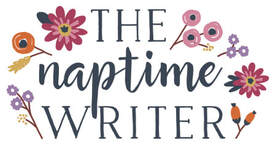 Photo By: Alex Knight. Unsplash. Photo By: Alex Knight. Unsplash. I’ve been trying to write and publish fiction for all of about five months. So of course I feel qualified to give readers some writing tips! I’ve written on my blog before out how much personal satisfaction I get out of writing. Though these words have come to mock me a bit (since I’m having so much trouble with my second book), I stand by my statement. There is something really marvelous about reading what I’ve written and thinking—usually with a start of surprise--I really like that! Besides that, writing has been a tremendous help to me in my struggles with postpartum anxiety and depression (which I’ll discuss more in later posts). As you might know and/or suspect, I am not a medical professional and I’ve had little mental health training. What I can do is speak from my experience. After giving birth I obsessively worried about everything that could possibly happen (and I'm still working on this, so ignore the use of past tense in "worried"), but I found/find it very helpful to distract myself and to busy myself by focusing on other people: my characters. Before I get into the nitty-gritty of my own writing routine and tips, I want to offer the series of disclaimers that I think a lot of moms (and maybe dads, too, but I’ve noticed it more with women) feel compelled to make. What works for me may not work for you. These are some facts of my mommy-life: I’m a stay-at-home/work-at-home mom with one child who sleeps until roughly 8:00 am, naps for about 2-2.5 hours during the day, and goes to bed around 8:00 pm ish. And of course I’m listing his sleep times because, and this is so obvious I probably don’t have to say it, I don’t get writing done while he’s awake. You might have two or more kids. You might have kids who don’t nap (My BFF Mary Catherine Starr revealed recently that she didn’t take naps after 3 months. WTH? God bless Mary Catherine’s parents and any other parents dealing with that!). You might not have kids but you have demanding personal or professional obligations. You might have a nice mixture of several of these. Whatevs. I’ll also post the disclaimer that most of what I write is just reiterating what other more established, popular, and talented writers have to say. (I'm not trying to put myself down because I'm actually really proud of my book. I'm just being honest, here!). And finally, I’ll repeat how I started this post: I’ve only trying to write fiction seriously for 5-6 months so this post is pretty presumptuous. After all, there are actual graduate programs for writers and aspiring writers. But I’ve spoken with some of my friends who are interested in writing and so I want to share practical tips for how I’m finding time to do it. And now I’ll share my tips, without any additional apologies. Force Yourself to Write. I’ve read articles with writing advice, and the most common piece of advice that I saw was to sit down and write (authors like Nora Roberts really emphasize this). Words do not magically appear on the page unless you’re living in the world of Harry Potter, in which case I am super, super jealous of you for multiple reasons. There were so many times when I was discouraged by what I was writing* or felt that my story was going nowhere, but that feeling passed. It really did. You’ll eventually get out of the weeds if you persevere, and then you’ll be feeling stronger than Beyoncé, Brienne of Tarth, and Hermoine put together.** *Like right now. Right now I am fairly discouraged but I am persevering, even if I only write a little each day. **That's a lie. No one is stronger than Beyoncé. Establish a routine. My typical routine is, as I’ve stated, to write when my son is asleep. But this routine varies, depending on when my son actually sleeps. And of course some nights he doesn’t sleep well, which means that my next day is thrown off. Like everything else in my life, writing revolves around my son (and it’s the most wonderful thing to have ever happened to me or to my husband). So if you’re dealing with other demands, like work or personal obligations, shoot for the routine and hopefully you’ll get there most days. Fun fonts. This is pretty self-explanatory. Maybe it’s because I just left an academic environment where everything was Times New Roman, size 12, but I am living wild and free these days with Garamond. (Yes, I know that’s not that wild.) Put goals in your planner. I have majorly not met my goals for the second book, but this advice really kept me on-track for the first one. I put word count goals on each day, and I tried to keep it pretty realistic. For example, I might write 20,000 words on my planner for January 25th, which indicates that my word count will be at 20,000 on that day. On January 26th, I might put 23,000, which means that my word count will be at 23,000 on that day (and I will have written 3,000 words on one day). This was a really encouraging way for me to stay focused while writing my first book. Be prepared to start over. Keep a doc with the extras. Yes. Though I’ve only been trying to write fiction seriously for the past five or so months, I have written so many words. My first romance novel ended up being around 85,000 words, but I scrapped probably 40,000 words along the drafting phase and moved them to an extra doc so that I can use them later if I want to. Similarly, I wrote 60,000 words for my second novel and then decided that I disliked most of them and took the draft down to around 10,000 words and started from there. But since I’ve kept a second doc with my scrapped words, I haven’t lost any of them and I can occasionally find good passages that I cut and paste into my working draft document. Occasionally re-read what you’ve written as you’re drafting. Some people say that you should just spit out everything for your first draft and not try to edit as you go. But what I find to be incredibly valuable is to start nearly every writing day by re-reading the last few pages that I wrote for the particular scene. Not only does it help re-orient me to what I was writing and my characters, but I hopefully like what I’ve written and it gives me an encouraging boost to keep it going. Read your work aloud. This is so important. Reading your work aloud—not necessarily the whole thing, but chunks of it—will help you find the awkward parts, the boring parts, etc. It will also help you see the good parts of your writing—the pacing, the authenticity of your characters’ dialogue, etc. Just try it! Hire an editor if you can afford one. You should edit and proofread your own work lots and lots. But after that, think about having a professional come in and clean up what you couldn’t find. I have quite a lot of experience in editing, but I still hired an editor and she found quite a number of things that I needed to change. She also made great suggestions about how to fine-tune my plot and characterization. Let me keep it real: her write-up was constructive, but the first couple of times I read it, I thought: ouch. Of course I wanted her to read my book and say: this was amazing! Five stars! A+++++++. And she didn’t say that. But once I let her words percolate—and had a couple of emergency talk sessions with my best friends, who had read my book—I realized that she wasn’t saying that this was the worst book she had ever read, and that I had asked her for her honest assessment (duh!). And in the end, her assessment was extremely valuable (for example, she noticed that I had my female character’s undergarments being removed twice. Ha! That kind of writing mistake would likely only happen in a romance novel.) Note: editing can get pretty expensive. I paid $2.50 per typed double-space page, which ended up being cheaper than other rates that I found. Most other editors that I looked at charged by the word. If you go the self-publishing route, you can probably turn your book into an eBook and paperback on your own. My disclaimers are: you have to have at least some facility with computers and it helps if you have access to Photoshop or have an amazing friend (holla, MC Starr) who can make your eBook cover for you. (With that being said, I think that you can design your own covers using a program that Amazon provides. I think it’s called Cover Creator, but don’t hold me to that!). Now, MC designed my eBook cover, which was a HUGE help. On my own, I figured out how to convert my Microsoft Word doc to a Kindle eBook (using instructions provided on Amazon), and then how to convert my Microsoft Word doc to a paperback (using a template and instructions provided on Amazon). My husband, Daniel, helped me figure out how to turn the eBook cover that MC sent into a paperback cover—because you have to add things like the spine and back cover (and we had to change the dimensions of the front cover that MC sent for the paperback). My major point is: I saved a crap-ton of money doing most of this on my own. There were times that I didn’t think that I’d be able to figure it out—the paperback conversion gave me a little trouble until I found the right set of instructions—but I did. You can definitely pay people to do this for you, but it can get really expensive. If you haven't checked out my book, Finally You, yet, you can find it on Amazon. Don't forget that you can get a free eBook sample if you're just not sure whether you want to buy it! What writing tips do you have? Have you thought about writing fiction? Do you write fiction? Share!
0 Comments
Leave a Reply. |
About me.Give me that HEA, please.
Join my mailing list.Want to receive a weekly email with links to my latest blog posts? Sign up below!
Archives
April 2024
Categories
All
|

 RSS Feed
RSS Feed
